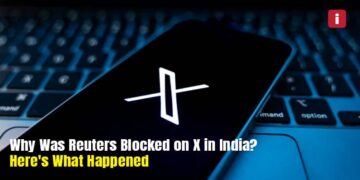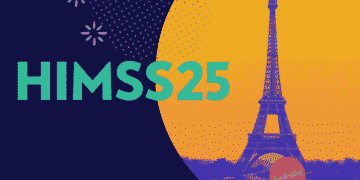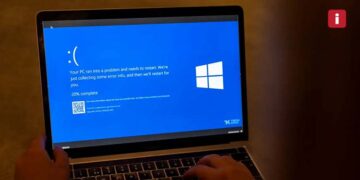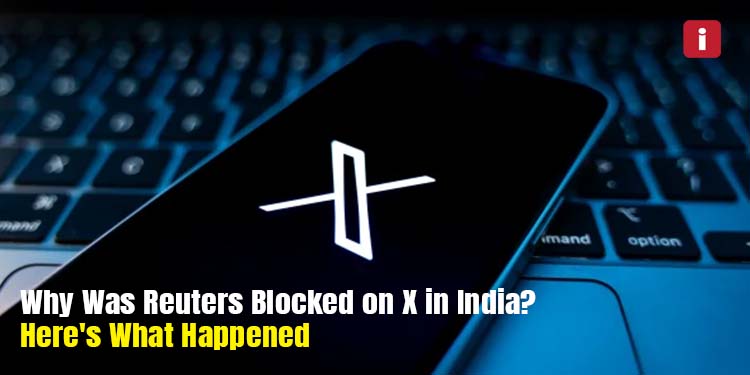The global debate around digital sensors after the social media platform X (East) entered the center level in India this week, which revealed that India’s government ordered to block more than 2000 accounts including @reuters and @reutersworld.
On Tuesday, according to a public statement from X, the Government of India issued a directive in accordance with section 69a of the Information Technology Act on July 3, 2025, and led the forum to ban access to 2,355 accounts in the country. The list allegedly consisted of two high -profile accounts run by Reuters News, which was later stopped for users in India.
“We are deeply concerned about the ongoing press sensor in India because of these blocked orders,” X said in a statement, saying that it actively searches for all legal paths to challenge the instructions.
Over -25 million global followers and the primary handle of Reuters with Reutersworld were restored on Sunday night after a wave of public setbacks.
Government’s denial and conflicting stories
Interestingly, the government of India has refused to publish a new blocked order on July 3. The Ministry of Electronics and Information Technology said that no recent instructions were recently given and insisted that it had asked X to lift the restrictions on X.
The Ministry said: “X utilized unnecessary technology that is included around this process and did not lock up the URL despite our communication.”
This rejects X’s claims that the company was facing criminal liability for non-not-transport with the order July 3.
Legal and political implications
Section 69a of the IT Act allowed India’s government to block access to materials to be considered harmful to national security, sovereignty or the public system. However, such orders are confidential and there is limited transparency or public inspection.
For his proportion, Reuters did not comment on the specific reason why the accounts were included in the block list and made sure it works with X to solve the situation.
This event is not the first time X has clashes with Indian authorities. In March 2025, the company included a legal challenge against a new official website, claiming that the broad set of government officials expands unfair Tekdown powers. The case is still in anticipation in court.
Press Freedom Concern
Steps to block the globally acclaimed news organization have fulfilled the concerns of press freedom and strict digital places in India. Critics claim that such tasks reduce democratic principles and free flow of information.
The Delhi -based media rights lawyer said: “Press freedom is the cornerstone of any working democracy. When international news sites face the Takedown order, it sends a disturbed message about the limits of expression in the digital age,” said the Delhi -based media rights adviser.
Conclusion: A Delicate Balance
The X-Reuters episode highlights the growing tension between governments and global tech platforms over content moderation, national sovereignty, and freedom of the press. As India continues to refine its digital governance policies, finding the right balance between national interests and democratic transparency remains a pressing challenge.













































